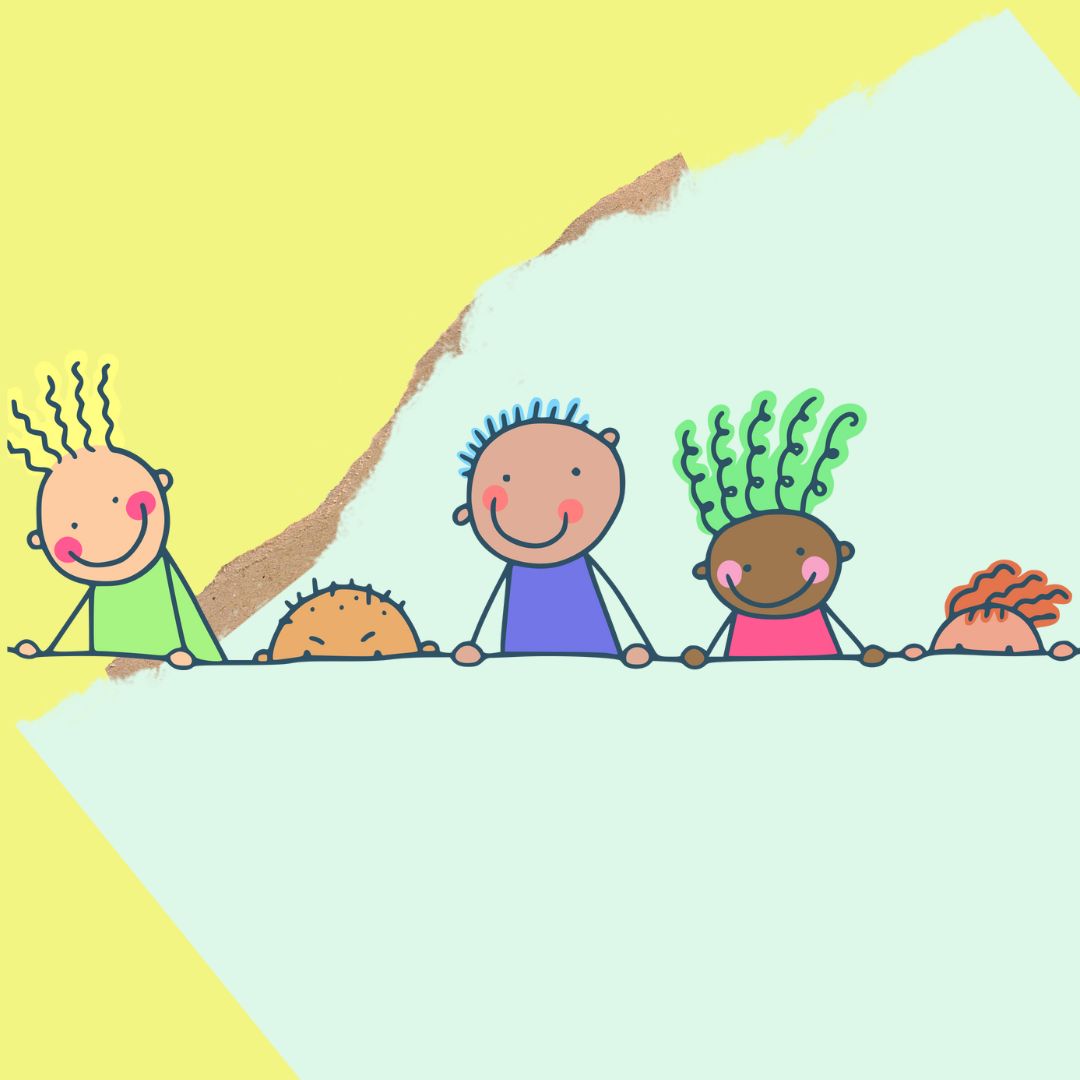Discover your roots! Genealogy and Family History – learn a step by step international methodology.
A complete, certified genealogy course for researchers of every background.
E-book Offer: Genealogy and Social History
Whether you want to explore your roots, support clients, or conduct historical studies, this genealogy course gives you the skills to build accurate, inclusive, and well-documented family histories.
Through a structured, evidence-based approach, you will learn to navigate diverse document types, apply ethical research standards, and use essential genealogical tools with confidence.
Learn a clear, universally applicable approach to genealogical research that works across borders and in any archival system.
This certified genealogy course guides you through ethical practices, evidence-based methods, and essential tools for tracing family histories both locally and internationally.
Genealogy Course – Step by Step Methodology
Objectives – Genealogy and Family History Methodology
-
To develop the ability to conduct accurate, ethical, and cross-border genealogical research using a structured, evidence-based methodology.
-
To strengthen skills in analysing historical documents, archival records, and oral history sources across different cultural and administrative contexts.
-
To apply best practices in genetic genealogy, documentation preservation, and digital research tools.
-
To promote inclusive genealogical approaches that recognise diverse family structures and identities.
-
To enhance professional competencies for work in archives, heritage institutions, academic research, or independent genealogical services.
Target audience
This genealogy course is designed for anyone interested in genealogy, from beginners to experienced researchers. It is particularly valuable for:
-
Individuals tracing their own genealogy and family history across countries
-
Students and professionals in history, archives, heritage, and cultural studies
-
Librarians, cultural mediators, and museum educators
-
Genealogy and Family History enthusiasts seeking a structured, rigorous research method
-
Researchers working with diverse family structures and multicultural lineages
There are no entry requirements.
What is included in this certified online course
The cost of the online course Genealogy and Family History – includes:
- Unlimited 24-hour access lifetime
- Lessons for each topic in the programme
- Downloadable supporting texts
- Assessment (1 final questionnaire)
- Certificate.
Certificate
A training certificate will be issued at the end of the course. Find out more.
We are a training organisation certified by DGERT – Training Organisation Certificate No. 1800/2015 – meaning that the certificate is valid internationally.
The course price (a single payment) covers all content, assessment and certification. The amount is VAT exempt under Article 9(10) of the VAT Code.
Learning
The course is organised into parts or modules in order to facilitate the learning sequence. However, you can freely navigate through the entire course without any restrictions 24 hours a day, according to your interests and your own working method.
You can consult here the Regulations for the Operation of Online Courses
How it works
Course structure
Module 1 – What is Genealogy and Family History and why study family origins?
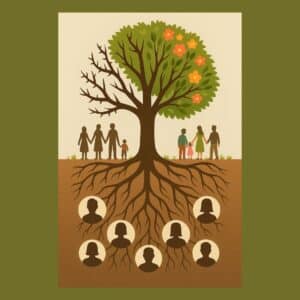
Lesson 1.1. Definition, history, and importance
Lesson 1.2. Lineage, ancestry and descent: basic concepts
Lesson 1.3. Genealogy and Family History and culture
Lesson 1.4. International perspective
Module 2 – Methods for genealogical research
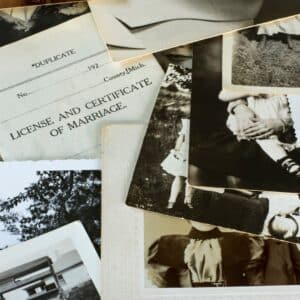
Lesson 2.1. Starting Point – Gather oral and documentary family information
Lesson 2.2. Construction of family trees (ascendants and descendants)
Lesson 2.3. The genealogical method: hypotheses, verification and error correction
Lesson 2.4. The importance of chronology and geographical consistency
Lesson 2.5. Common mistakes and how to avoid them
Module 3 – Review of documental sources and data reliability

Lesson 3.1. Primary and secondary sources: distinction and examples
Lesson 3.2. Reliability criteria
Lesson 3.3. Frequent problems
Lesson 3.4. The importance of citations and source references
Lesson 3.5. Ethics in the manipulation and sharing of family data
Module 4 – Most Common Historical Sources and Archives
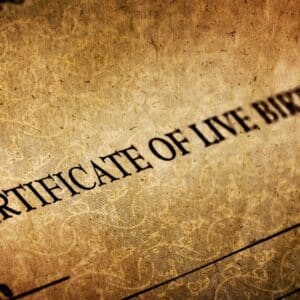
Lesson 4.1. Civil and parish records
Lesson 4.2. Censuses and military records
Lesson 4.3. Notarial and judicial sources
Lesson 4.4. Migration records
Lesson 4.5. Online Vs. physical archives
Module 5 – How to organise information
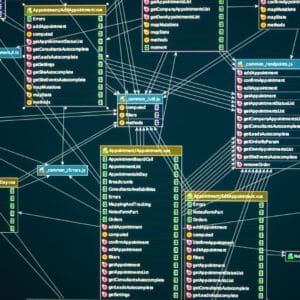
Lesson 5.1. Documenting
Lesson 5.2. GEDCOM
Lesson 5.3. Digital Organisation
Lesson 5.4. Preserving
Lesson 5.5. Best practices
Module 6 – Ethics and genetic genealogy
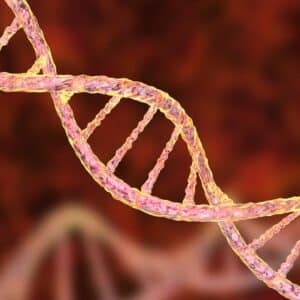
Lesson 6.1. Consent and data from living relatives
Lesson 6.2. Introduction to genealogical genetics
Lesson 6.3. The future of genealogy: integration between documentation and genetics
Module 7 – Genealogy and LGBTQ+
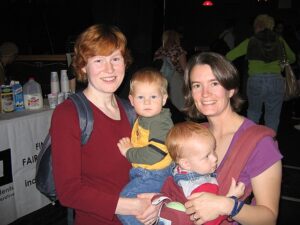
Lesson 7.1. LGBTQ+ genealogy
Lesson 7.2. Numbering, parenthood and representation of non-traditional families
Lesson 7.3. Tools, standards, and ethics in LGBTQ+ genealogy



